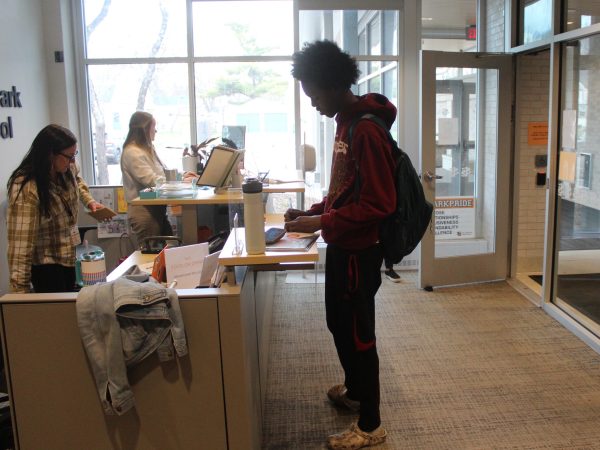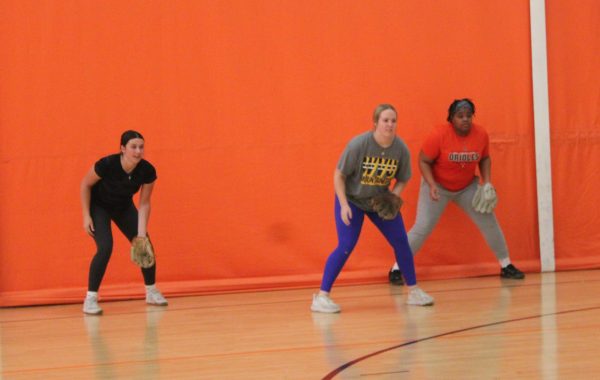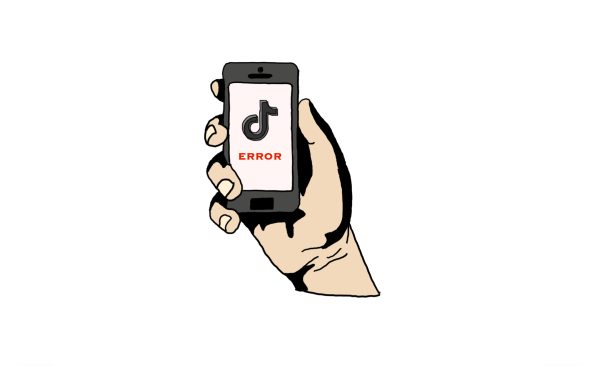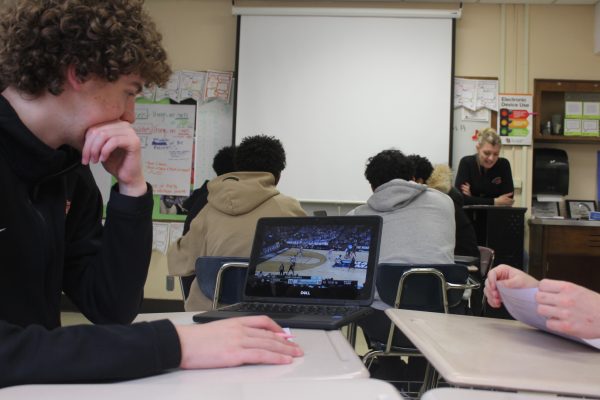Tragedy prompts conflict over gun control
Recent events have brought gun ownership to the forefront of American politics, and lawmakers could impact the prerogatives involving firearms for future generations.
February 1, 2013
By Janet Holmes
More regulations needed to increase safety
With the recent addition of the Newtown, Conn., tragedy to the lenghty list of school shootings, the devastating legacy of gun violence is clear.
Mass shootings are rising faster than ever before. In the nearly 13 years since the 1999 shooting at Columbine High School in Colorado, there have been six major school shootings.
In response, legislators have brought forth proposals including one to put more armed guards in schools.
The presence of guards would only be effective for cases in which school intruders are not heavily armed and protected as they have typically been in past shootings. According to the local police in Newtown, the killer, Adam Lanza, was wearing a bulletproof vest, meaning it is unlikely armed guards would have been able to stop him.
Additionally, the implementation of armed guards would create an environment of fear and distrust in schools by potentially intimidating teachers and students. They would be a distraction from learning as students could feel overly paranoid about the possibility of a violent encounter.
Though the danger of school intruders exists, armed guards are not the appropriate fix for gun violence.
Rather than introducing an ineffective and counterproductive system to schools, legislators should look for long-term solution to gun violence.
In many cases of school shootings, mental illness has been a key factor in the motivation behind the killer’s attack. Instead of guards, some other precautions can be taken to prevent shootings from happening.
Comprehensive mental health checks can keep people with dangerous mental illnesses from accessing guns. Furthermore, sweeping gun restrictions would limit access to semiautomatic weapons by individuals with potentially harmful mental health problems.
Armed guards would be ineffective in preventing violence. Schools should never be a violent place, so guards who carry guns are not the answer. Fire cannot be fought with fire, and gun violence cannot be fought with guns.
Most people agree that children should be safe in school. However, the difference gun control advocates fail to see is that establishing gun-free zones in schools without security personnel endangers this goal.
Banning guns from the public will not stop the violence in schools. Instead, arming police officers and guards in schools will deter further violence. According to law professor John Lott from the University of Maryland, the presence of concealed handguns is the only factor to impact the quantity of mass shootings.
In 1995, when nondiscretionary concealed handgun laws were at their highest, only 11 injuries came from public shootings, a record low. The shockingly high number of public shootings show that potential shooters are attracted to gun-free zones, like schools.
When violent people have entered a school zone, a firearm is not the only weapon to have been used. On the same day as Adam Lanza’s shooting in Newtown, Conn., Min Yougjun mutilated 23 children in a Chinese classroom using only a knife.
Moreover, even just the sight of a firearm can be enough to intimidate a shooter. In a shooting that occurred Dec. 11 in Clackamas Town Center, Ore., the gunman ended his rampage after Nick Meli, a gun owner, confronted him with a Glock pistol. No shots were fired by Meli, a former security guard at the mall.
Armed guards not only deter potential shooters, but also are effective in ending a shooting in the unfortunate case that one should arise.
Other security measures cannot give the same benefits guards would. Locked doors are ineffective against determined shooters. A shooter, such as Lanza, can literally blow an entrance into a building, according to Connecticut Gov. Dannel Malloy.
Without thinking, breathing security guards, many safeguarding measures are useless. But more importantly, increased armed human personnel give several advantages to school themselves, especially high schools.
Overall, police officers and other armed professionals increase the quality of our schools, and bring safety to the classroom.












